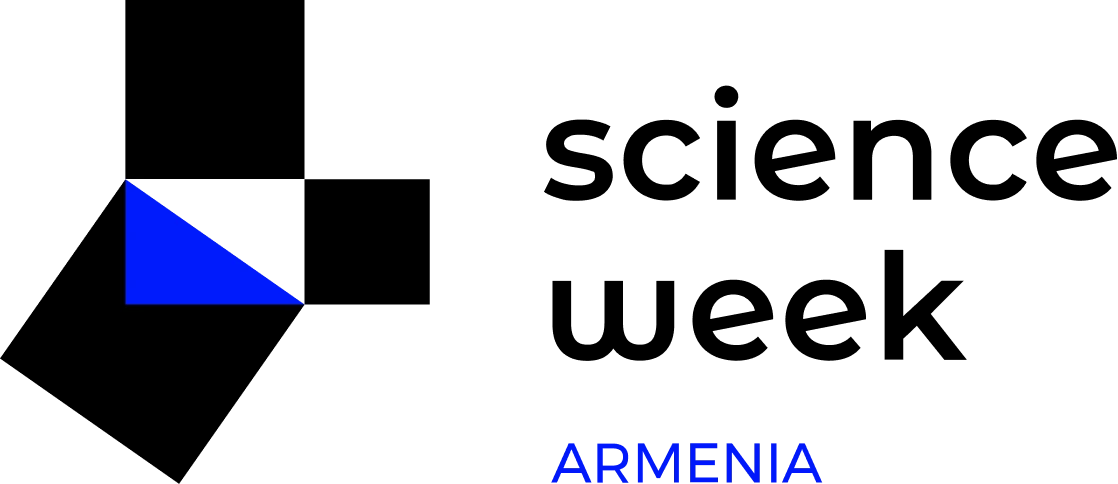FAQ
What is Science Week?
Science Week is a series of events held for the general public. The events will focus on science and technology. The aim of Science Week is to increase interest in science across all groups of society in Armenia. Science Week is an international format developed and implemented by the Gituzh initiative.
What is the theme for this year’s Science Week?
Connecting science to society - this is the theme for this year's Science Week. The first nationwide Science Week aims to become a national platform for the popularization of science, forming strong connections between society and the scientific-technological community.
When and where will it take place?
Science Week will be held from October 1 to 6 in Yerevan and all regions in Armenia. A Science Festival will take place at Freedom Square in Yerevan, along with decentralized events dedicated to science and technology in kindergartens, schools, and universities across the capital and all regions.
Who is eligible to participate?
Anyone can participate in Science Week.
How can individuals register for Science Week?
Individuals can participate in Science Week without prior registration.
How can organizations support Science Week?
Organizations can support Science Week by donating to the project. To make a donation, visit this link.
What are the decentralized events?
For kindergartens, schools, and universities, we have prepared packages of decentralized events. These include experiments, project work, discussions, and lectures aimed at inspiring children and young people and sparking interest in science. The kindergarten and school package consists of 60 events covering various scientific disciplines. The university package includes 30 interdisciplinary directions and 150 topics for seminars, lectures, and discussions.
How to participate in decentralized events?
To join Science Week, you need to register on our website and download the event package.
The decentralized event package is available in the "decentralized" section of our website. Each event is described in detail, from objectives and necessary materials to step-by-step instructions. To participate, simply download the event package, choose the event(s) that interest you, and conduct it with the participation of children.
What are the participation requirements?
Be a representative of a kindergarten, school, or university.
- Choose one of the scientific experiments or topics offered in the activity packages.
- Register on our website here.
- Select participants from your institution: educator, teacher, lecturer, children, students.
- Conduct the experiment or project.
6. Record the entire process and send it to us at info@armsciweek.org.
What types of events will be featured during the Science festival?
During the first nationwide Science Week, a Science Festival will be held at Freedom Square, and decentralized events will be organized for kindergartens, schools, and universities throughout the Republic.
The Science Festival will be divided into three thematic parts:
Science is Everywhere
From October 1 to 2, during experiments, exhibitions, and discussions, festival visitors will learn how experiments are conducted and verified with the direct help of scientists, who formulates the secrets of the Universe, who turns ideas into reality, what science is being done in Armenia, and more.
Future Scientists
From October 3 to 4, the Science Festival will become a platform where children and young people can orient themselves towards connecting their future with science and technology by interacting with scientific institutions, working scientists, universities, and educational companies.
Science Fiction: Imagine!
From October 5 to 6, the Science Festival will be dedicated to science fiction. Participants will see how the two pillars of human creative thought nourish each other, participate in interesting competitions, and meet creators in the fields of science and science fiction.
The decentralized event packages prepared for kindergartens, schools, and universities include experiments, project work, discussions, and lectures. The kindergarten and school package consists of 60 events covering various scientific disciplines. The university package includes 30 interdisciplinary directions and 150 topics for seminars, lectures, and discussions.
